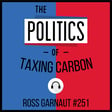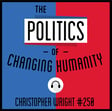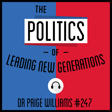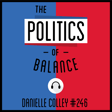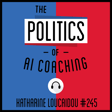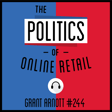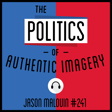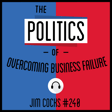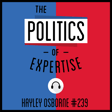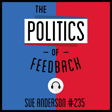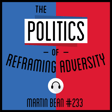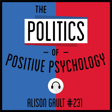
238: The Politics of Customer Service - Jaquie Scammell
Customer service can make or break a brand in terms of its reputation and longevity. Today I am speaking with Jaquie Scammell is Australia’s leading expert in Customer Service, a sought-out speaker, author, Founder and CEO of ServiceQ: a business focused on helping organisations reimagine the future of service through mindsets and behaviours. Her work is based not just on theory but also 35 years of customer service experience translated to practical tools for individuals to take and apply. She is the author of Service Mindsets and multi-award-winning Service Habits 2nd Edition, and a regular blogger and media commentator. Today we are discussing The Politics of Customer Service.
Jaquie shares in this podcast:
1. What makes great customer service in 2024?
2. How can a human connection be made when say we using digital tools more and more?
3. The worst of customer service often comes down to leadership as well as culture – think of the Optus hacking crisis last year or the Woolworths CEO media interview where he walked out on a major TV interview. Is there some lessons for us to all do better?
4. How she sees the role or AI in customer service playing out in the future?
Connect further:
• Author Weblink: https://jaquiescammell.com/
• Book Weblink: https://5dservice.com.au/
• LinkedIn: https://www.linkedin.com/in/jaquiescammell/
• Instagram: www.instagram.com/jaquiescammellofficial/
POE listener offer: Zencastr is my podcast platform of choice. Use my special link (zen.ai/thepoliticsofeverything30 [http://zen.ai/thepoliticsofeverything30]) and use code "THEPOLITICSOFEVERYTHING" to save 30% off your first three months of Zencastr professional. #madeonzencastr
